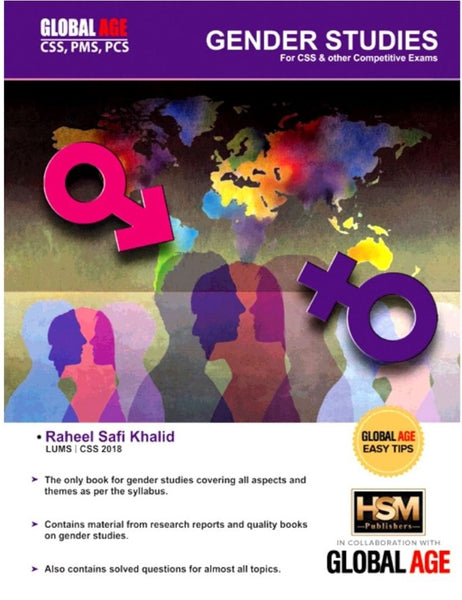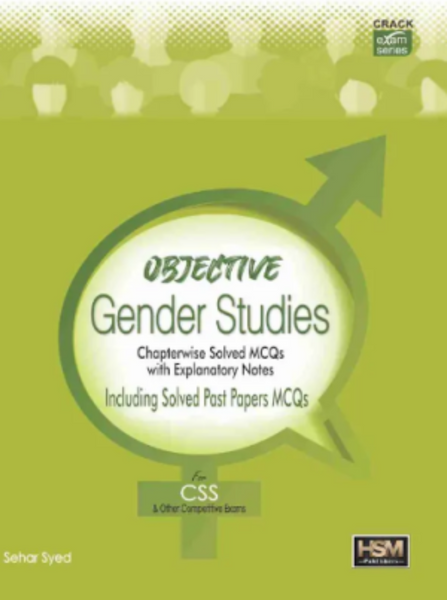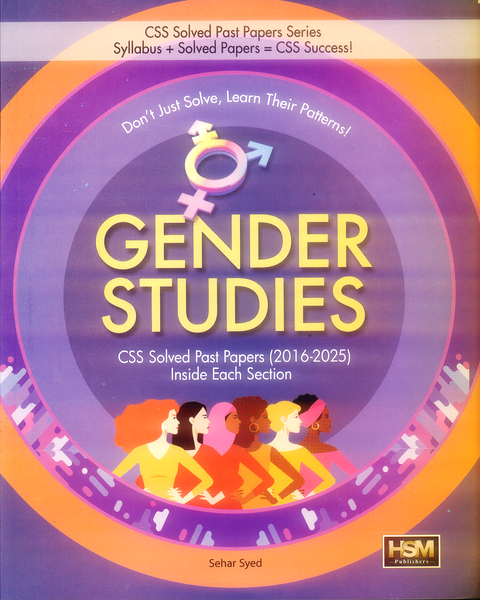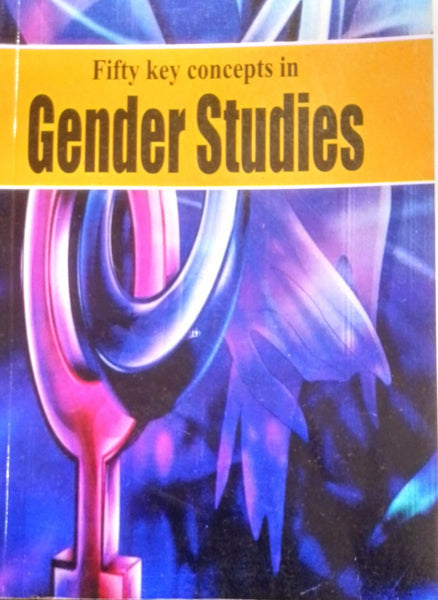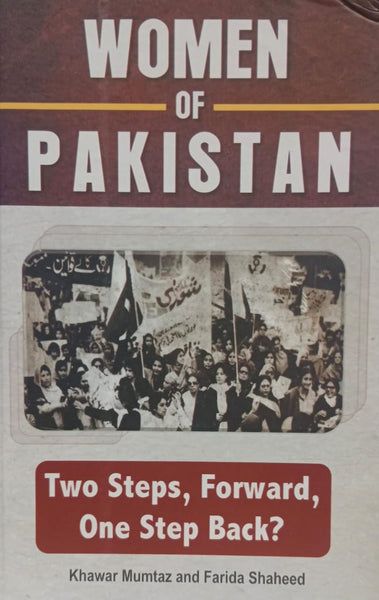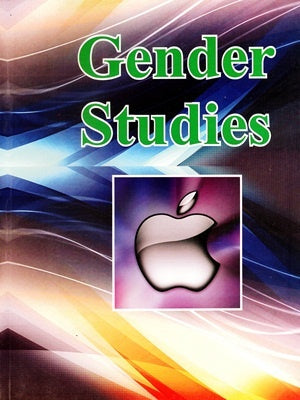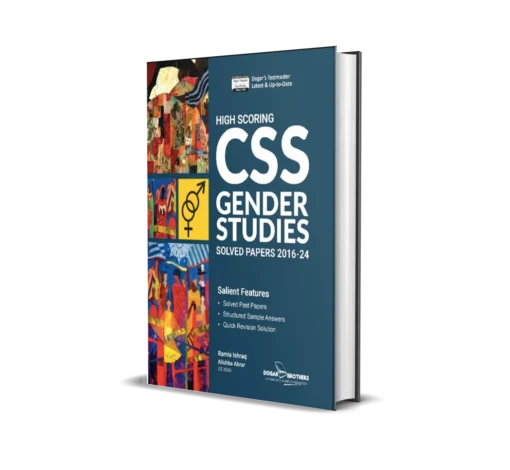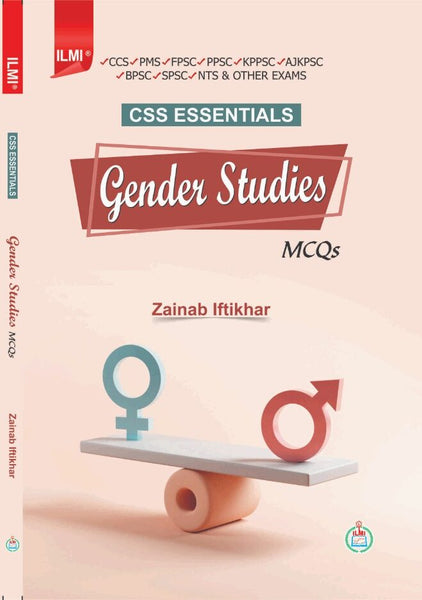An Uncivil Woman: Writings on Ismat Chughtai by Rakhshanda Jalil offers a comprehensive exploration of the life and works of one of Urdu literature's most iconic figures. Through insightful analysis and vivid storytelling, Jalil delves into Chughtai's revolutionary contributions, challenging societal norms and advocating for women's rights in mid-20th century India. From her bold portrayal of female sexuality to her fearless critique of patriarchal structures, Chughtai's writing continues to resonate with readers worldwide, making her a trailblazer in Urdu literature.
Key Points:
1. Early Life and Influences Ismat Chughtai was born in 1915 in Badayun, Uttar Pradesh, into a middle-class Muslim family. Her upbringing in a conservative environment greatly influenced her later works, providing her with firsthand experiences of the societal restrictions placed on women in Indian society during that era.
2. Literary Style and Themes Chughtai's writing style was marked by its boldness and realism. She fearlessly tackled taboo subjects such as female sexuality, gender inequality, and societal hypocrisy. Her stories often featured strong female protagonists who rebelled against oppressive social norms.
3. Feminism and Social Commentary Chughtai was a staunch feminist whose writing served as a vehicle for social commentary and critique. Through her stories, she highlighted the struggles and aspirations of women, challenging patriarchal structures and advocating for their rights to autonomy and agency.
4. Controversies and Censorship Chughtai's bold exploration of taboo subjects often landed her in controversy. Her short story "Lihaaf" ("The Quilt") faced obscenity charges in British India, leading to a trial in 1945. Despite censorship and criticism, Chughtai remained undeterred in her pursuit of artistic freedom.
5. Impact on Urdu Literature Chughtai's contributions to Urdu literature are immense. She broke new ground with her unapologetic portrayal of female desire and agency, paving the way for future generations of writers to explore similar themes with greater freedom.
6. Legacy and Influence Chughtai's legacy extends far beyond her lifetime. Her works continue to inspire writers and feminists, both in South Asia and globally, serving as a testament to the enduring power of literature to challenge norms and provoke thought.
7. Feminist Icon Chughtai is revered as a feminist icon in Urdu literature. Her commitment to portraying women's experiences with honesty and empathy has earned her a place of honor in the literary canon and the feminist movement.
8. Intersectionality in Chughtai's Works Chughtai's writing often explored the intersectionality of gender, class, and religion. She depicted the experiences of women from diverse backgrounds, shedding light on the complex interplay of social identities in shaping individual lives.
9. Reception and Criticism While Chughtai's work has garnered widespread acclaim, it has also faced criticism from conservative quarters for its frank portrayal of taboo subjects. However, her bravery in tackling such issues has earned her respect and admiration from progressive readers and scholars.
10. Contemporary Relevance Chughtai's themes of female empowerment, sexuality, and societal change remain as relevant today as they were during her lifetime. Her stories continue to resonate with readers, offering insights into the human condition and the ongoing struggle for gender equality.
In conclusion, Rakhshanda Jalil's exploration of Ismat Chughtai's life and works in "An Uncivil Woman" provides a rich and insightful portrait of a literary pioneer whose contributions continue to shape discourse on gender, society, and art.



